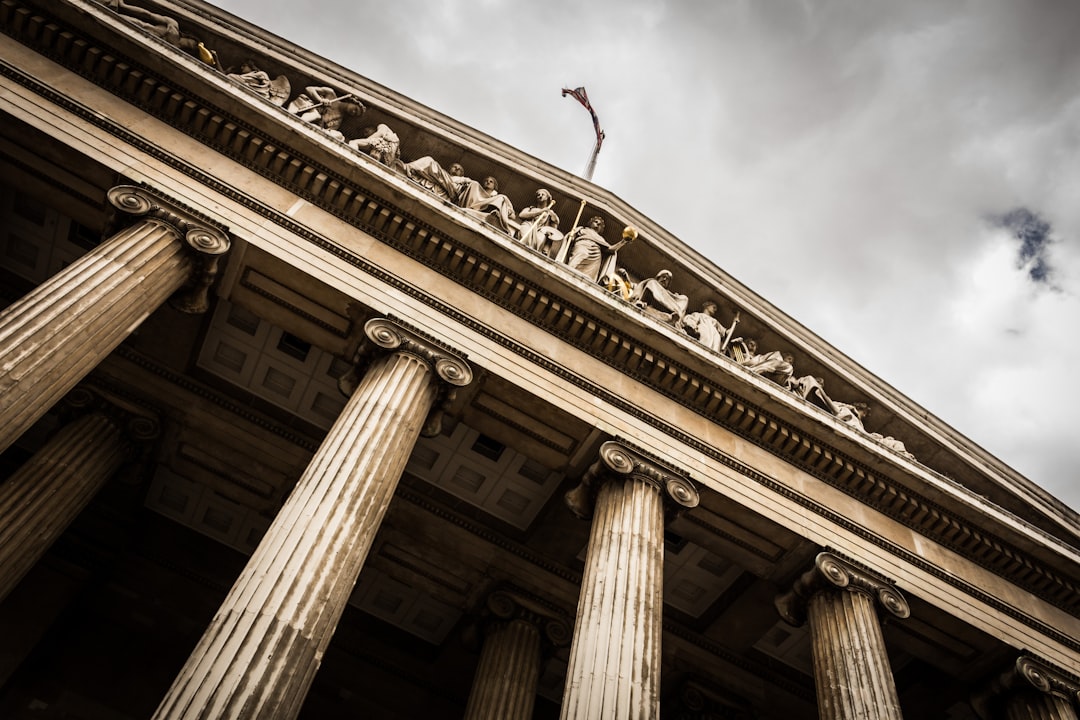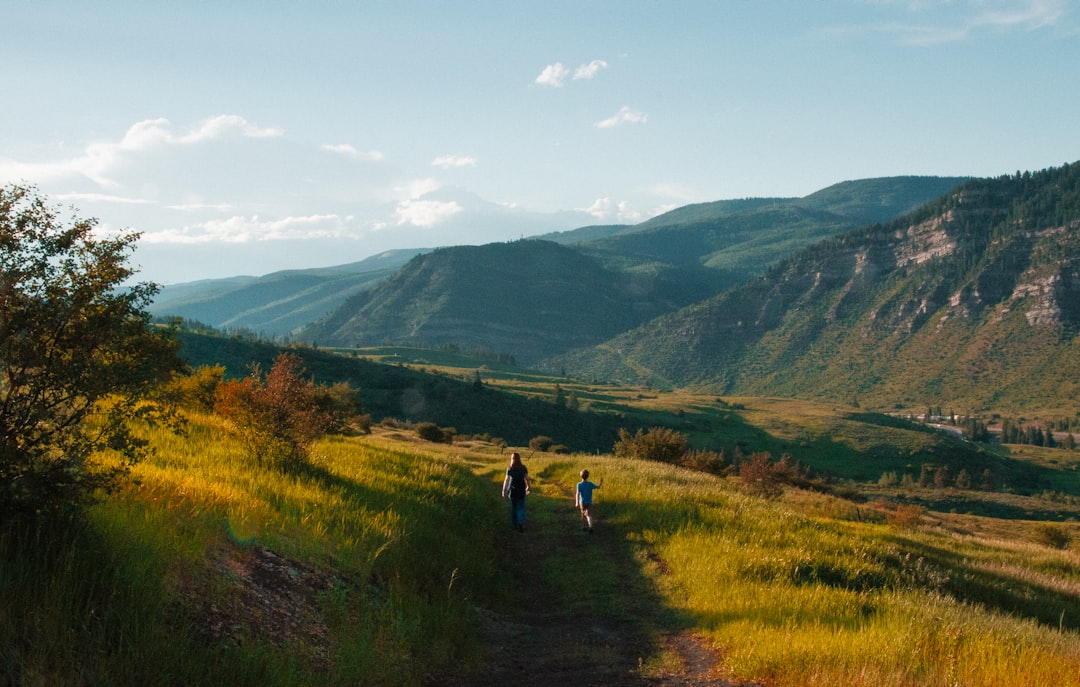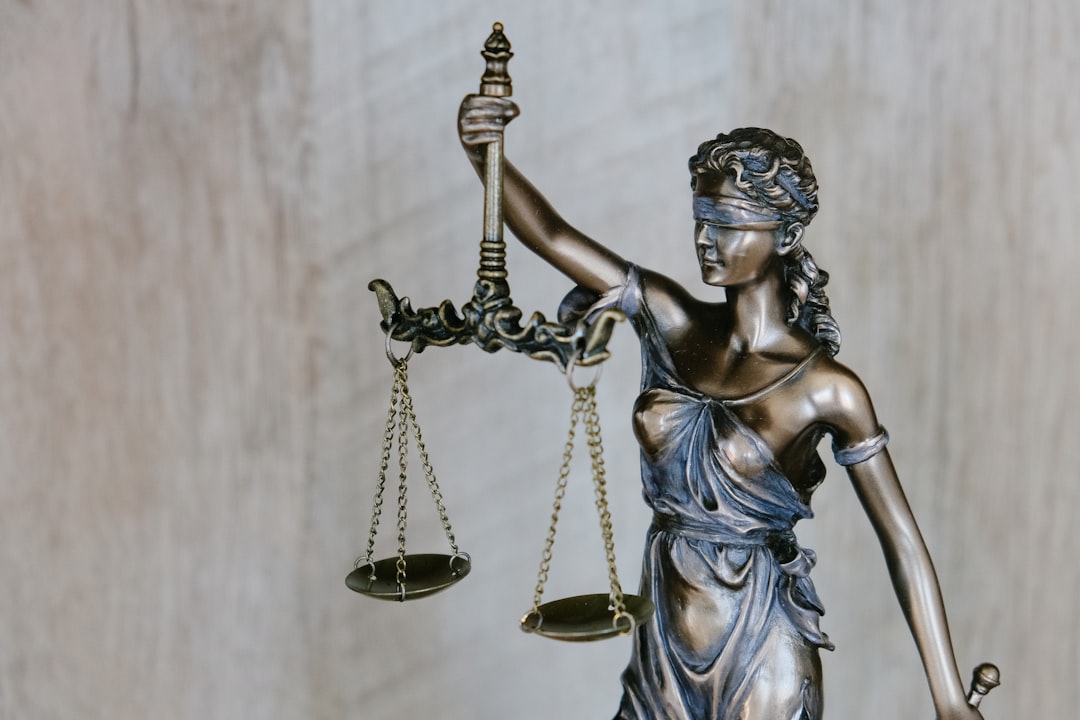Sexual abuse in educational settings is a pressing issue in Colorado, requiring educators to prioritize student safety through clear boundaries, consent education, and reporting systems. Regular training, age-appropriate lessons, and anonymous reporting are key measures. Educators should utilize resources from organizations and adhere to Colorado's strict legal guidelines for reporting suspected abuse, with consultation from a school abuse lawyer offering vital guidance. Failure to comply can result in disciplinary action and lawsuits.
In Colorado, educators play a vital role in creating safe learning environments. This article offers essential tips to prevent sexual abuse in classrooms, addressing critical issues like understanding school abuse dynamics, fostering secure spaces, and leveraging available training and resources. We also delve into legal considerations and reporting requirements, emphasizing the importance of knowledge for all educators. Empowered with this information, Colorado’s schools can better protect students and ensure a nurturing educational experience. Connect with top school abuse lawyers in CO to stay informed about protection measures and guidelines.
Understanding Sexual Abuse in Educational Settings
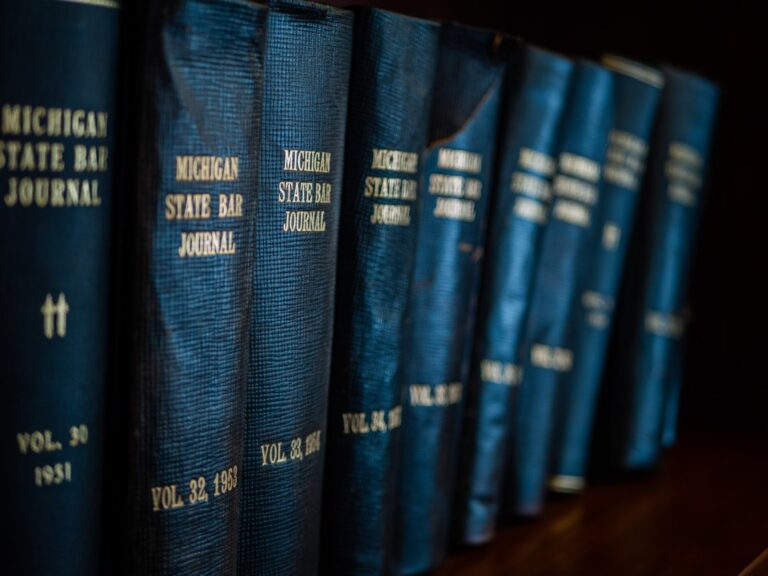
Sexual abuse in educational settings is a serious concern that requires educators in Colorado to be vigilant and well-informed. It’s important to understand that school abuse can manifest in various forms, from physical contact to verbal harassment, and even digital interactions. Given the close proximity and power dynamics between teachers and students, it’s crucial for educators to recognize potential red flags and establish clear boundaries to prevent any form of inappropriate behavior.
Colorado law places a strong emphasis on protecting students from school abuse, with strict guidelines and regulations in place. Educators must be familiar with these laws to ensure they create a safe learning environment. Regular training and discussions about consent, personal space, and appropriate teacher-student interactions can go a long way in fostering a culture of respect and preventing potential incidents.
Creating a Safe Learning Environment

Creating a safe learning environment is paramount in preventing sexual abuse within classrooms. Educators in Colorado play a crucial role in fostering an atmosphere where students feel secure and respected. This involves establishing clear boundaries, ensuring privacy for sensitive discussions, and promoting open communication about personal spaces and consent. Teachers should model appropriate physical touch, teach students about their rights, and create opportunities for them to share concerns without fear of judgment or retaliation.
A safe space encourages students to report any incidents or inappropriate behaviors promptly. Educators can achieve this by integrating age-appropriate lessons on consent, creating anonymous reporting systems, and regularly conducting privacy checks. Moreover, regular staff training on recognizing and responding to potential school abuse cases is essential. By implementing these measures, Colorado educators can significantly contribute to protecting their students and fostering a positive learning environment.
Training and Resources for Educators

Educators in Colorado play a vital role in fostering a safe and supportive learning environment for students. To prevent sexual abuse within classrooms, it is essential that they receive adequate training and have access to comprehensive resources. Many organizations offer professional development programs tailored to this critical subject matter. These workshops equip teachers with the knowledge to identify potential red flags, understand child sexual abuse dynamics, and respond appropriately to student disclosures.
Moreover, Colorado’s legal framework provides guidelines for reporting suspected abuse, ensuring educators are aware of their responsibilities. Local school districts should also maintain an up-to-date list of resources, including hotlines, support groups, and specialized therapy services for both victims and perpetrators. By prioritizing these measures, schools can create a culture where every student feels secure and every educator is prepared to tackle this complex issue.
Legal Considerations and Reporting Requirements in Colorado
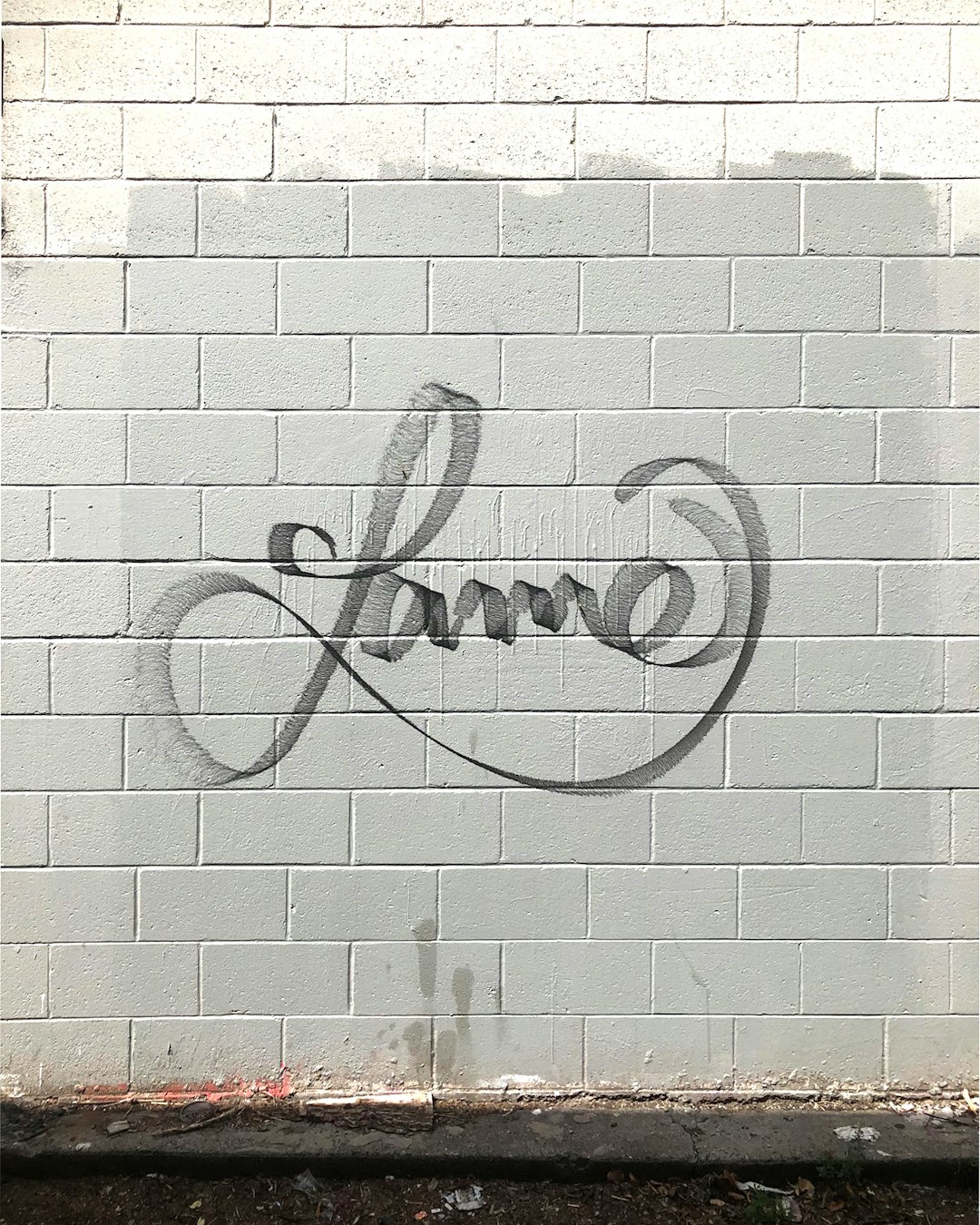
In Colorado, educators have a legal obligation to protect students from sexual abuse. The state has strict laws and reporting requirements in place to ensure the safety of minors. According to Colorado law, any employee or volunteer working with children must report suspected child abuse or neglect immediately. This includes any form of school abuse, such as sexual harassment or assault, within educational settings. Failure to comply can result in legal consequences, including disciplinary action and potential lawsuits against the institution.
Educators should be aware that the definition of sexual abuse is broad and encompasses various actions, including inappropriate touching, explicit comments, or any behavior that creates a hostile environment. Recognizing these legal considerations and reporting requirements is crucial for educators to maintain a safe learning environment and protect themselves from potential liabilities. Consulting with a school abuse lawyer Colorado can provide further guidance on navigating these complex issues.
